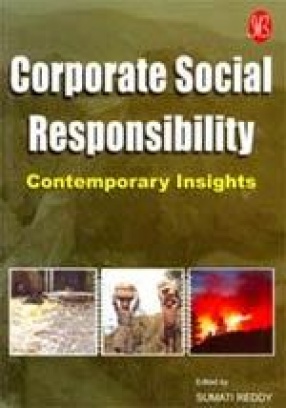
Sumati Reddy

34 books
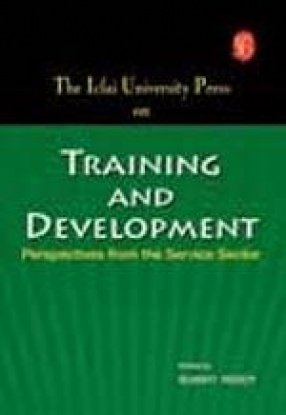
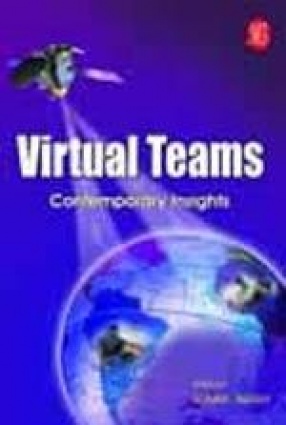
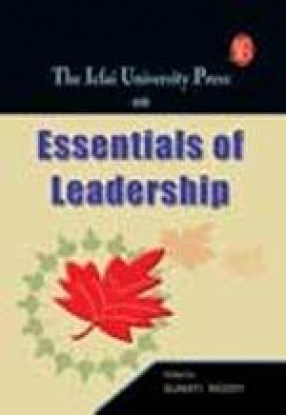


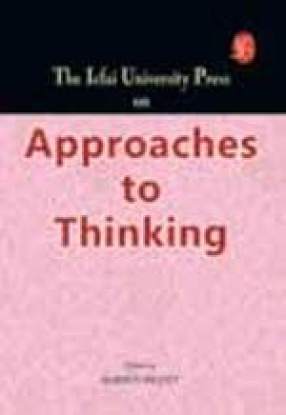

Corporate Social Responsibility (CSR) is coming of age in business practice, teaching, and research. But it is not a well-defined field of study with clear boundaries; rather it is a field of practice that comprises several intellectual agendas and lines of inquiry. CSR is of interest to diverse groups, who in turn have different priorities. These groups include businesspersons, academia, governing bodies, non-governmental organizations, the community, and the ...

The service sector in India is growing at a phenomenal pace – 9% since the mid-1990s. The growth in the IT/ITES services is especially noteworthy. It’s share of the global offshore market for IT services is 65%. A number of other sectors such as retailing, tourism, media, education, healthcare, etc. have a huge potential for growth and to fuel the growth a large number of suitably qualified and trained workforce is needed. India, with a high proportion of low ...

Today, virtual teams are fast gaining importance and will be the norm in a few years. To manage a virtual team, we must learn from past experiences and improvise on virtual team design and its management. Teams must be nurtured, monitored , kept on track, focused and motivated. This book discusses all these aspects of virtual teams and provides useful perspectives on organizational behavior, and related aspects of virtual team collaboration and designing ...
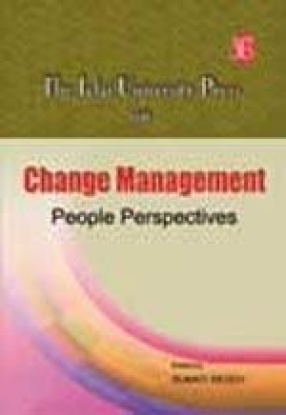
The Icfai University Press on Change Management: People Perspectives Change is the only constant. However puzzling this statement may seem, it is absolutely true. Look around you. Does anything remain the same? Look at yourself. You are not the same person you were a moment back! You are changing every moment. Your mind keeps absorbing new information, your perception is changing, and so on. An organization is no different. Not only does it continue to change ...

The book deals with the many ways in which employee performance can be understood and measured with techniques such as assessment and development centers, 360-degree feedback systems, balanced scorecard concept, etc. Cases include the CK Birla group and Wipro.

In Western Europe and USA, a vast number of people are telecommuters, and these numbers will rise to 100 million by 2008. Telecommuting gives workers a lot f flexibility and cuts down on commuting time. With modern telecommunication methods and sophisticated management tools, this is eminently possible, though one may never meet co-workers regularly. Read this book to find out all about this concept of working and how it can successfully be tied to business ...

Every leader wants to be equipped with the magic formula to be successful. What makes a leader successful? Many books have been written with an aim to offer the magic potion that will help them become successful. Many broach the theme of whether leaders are born or made. Going with the belief that leaders can be made, this book presents perspectives on the essential characteristics required of any leader to be successful. A leader with a strong character is a ...

Politics is considered by many as an obnoxious term. If there are two people in an organization, there is bound to be office politics, so say some experts. This is not hard to believe. One of the major reasons for the existence of office politics is limited resources which have to be shared among more than one contender. Resources such as capital, labour, equipment, come in short supply which are insufficient to meet everyone's needs. Organizational politics is ...

Green consumerism pertains to consumption, where corporates and individual consumers both, identify and value products and services generated in a sustainable manner. The choices that we, as consumers, make to consume certain products and services or to adopt a certain lifestyle, have a direct or indirect impact on the environment and our personal or collective well-being. This is why the topic of green consumerism has become a central focus for national and ...
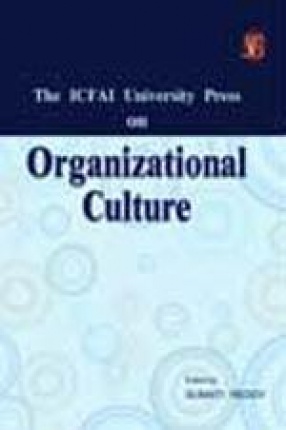
Organizational culture is the system of shared actions, values and beliefs that develops within organizations and guides the behaviour of its members. It is said that each organization has its own distinct culture, which, in turn, is an outcome of its past experiences. It assumes the leader's role in shaping the organization s identity, the organization's collective learning based on responses to external changes, incidents that occur within the organization, the ...

Mergers and acquisitions (M&As), if executed well, offer tremendous value to the stakeholders of a business. M&As lead to efficient use of all resources, leverage on the capabilities of the merging entities, and lead to an increase in shareholder value. The business scenarios in the US and Western Europe have witnessed significant activity in terms of the number of M&A deals executed during the last couple of decades. As a result, the US and European ...
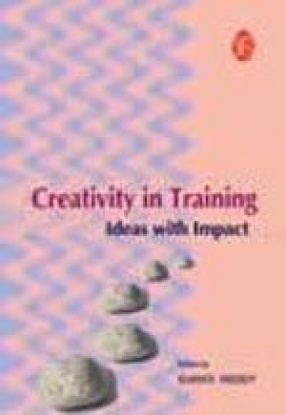
Creative Training Techniques (CTT) constitute innovative approaches to training and development through the use of games, group activities, and certain novel principles of training and development. Investments made in such training results in benefits to the organization in many ways, including honing of employees’ skills, increased productivity, heightened morale, reduced supervision, reduced accidents, and increased organizational stability and flexibility. ...

The strategic role that HR can play in determining the success of a merger or acquisition has been largely downplayed. Due to this, many M&As have failed. Often, managements of M&As need multi-dimensional expertise involving cross-functional perspectives, apart from external advice and support. This advice and support is best derived from experience in handling M&As.

One fallout of globalization is the race to the bottom. This refers to the dismantling of regulatory standards when two or more nations compete over their investments, skilled labor, etc, and ends when the lowest common denominator in terms of cost of capital or cost of labor is reached. This book takes a realistic look at the employment and treatment of workers employed in sweatshops internationally.
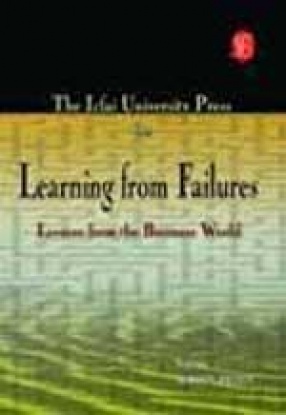
Corporate failures and corporate scandals create a sensation in the community and people are drawn to such news like bees. In fact, scandals get noticed by more people than successes do and the former are retained in public memory for a much longer time than does the achievement of great milestones or the receipt of awards and certifications. Maintaining a positive corporate reputation is not just to do with maintaining good public relations. It has a lot to do ...

Since the time the Balanced Scorecard (BSC) was developed in the early 1990s, it has been implemented in several organizations in the manufacturing and service sectors around the world with varying degrees of success. The fact that it continues to be implemented in more and more organizations is an indicator of its relative popularity compared to other approaches of management. This book documents the experiences of different sectors, which have either had ...

Personality development pertains to fine-tuning the organized pattern of behaviors and attitudes that makes a person distinctive and effective in interpersonal situations. Personality development is the result of the ongoing interaction of temperament, character, and environment. There are several approaches that can be adopted to enhance one's personality. Although a significant part of our personality is determined at birth (nature), an equally significant part ...

The human mind is an enigma. Human choices and behaviour are governed by several factors. Managers face the challenge of managing a group of individuals, each driven by a set of rational and irrational thoughts and impulses. Customers make choices based on a number of factors, many of which are governed by the mind. Organizations strive to unleash the inherent potential and creativity of its individual members in order to scale new heights. By introducing new ...

Globalisation of business is leading to an increase in the number of expatriates being sent to foreign locales to tap opportunities thrown up by the changing business environment. However, this is adding to the complexity of expatriate management. It is not just management-related aspects that need due consideration, but a host of other issues that do not normally come under the purview of HR professionals. Cross-cultural issues present a key area of ...

By 2050, the world will have two billion older people who will outnumber children. This means that we are an aging population and this has deep implications on our availability of labour. This book demonstrates how retired people can be used to avoid a talent crunch. The opinions of trade unions, researchers, public agencies, private employers, managers and workers have been included here. They believe that by making a few adjustments, older people can work ...

With the focus on safeguarding the environment, companies are under pressure to comply with environmental and social standards. What has emerged is the generation of Sustainability Reports (SRs) that detail the initiatives of the company in the context of sustainable development. Apart from discussing frameworks and approaches for efficient reporting, this book details experiences of Australia, Asia, India, Japan, Austria and Sweden with respect to SR.

This book is a combination of Human Resource Management concepts and those of Strategic Management, which help make a company more productive. It explains that the synergies and strategies that prove useful in one domain of an organization can serve as innovative methods to manage the same functions of another domain. Employees who can think laterally and who can look for areas of mutual interest between domains can use these concepts to adopt an attitude of ...

For globalization of business to be successful, businessmen must know the business and cultural milieu of foreign countries. This book opens the readers mind to various aspects of the international negotiating process as done in the Americas, Asia, Europe and the UAE. It can be useful to managers, government officials, students and teachers.

Learning is not merely the acquisition of new knowledge. It is a continuous process of keeping in touch with change that involves unlearning and relearning. Moreover, it is a continual, dynamic process requiring the learner to act, to experiment, to reflect upon his actions, analyze the reactions and, thus, be attuned to learning on the path of progress. Learning is vital for survival, growth, and development from individual, organizational, and the global ...
